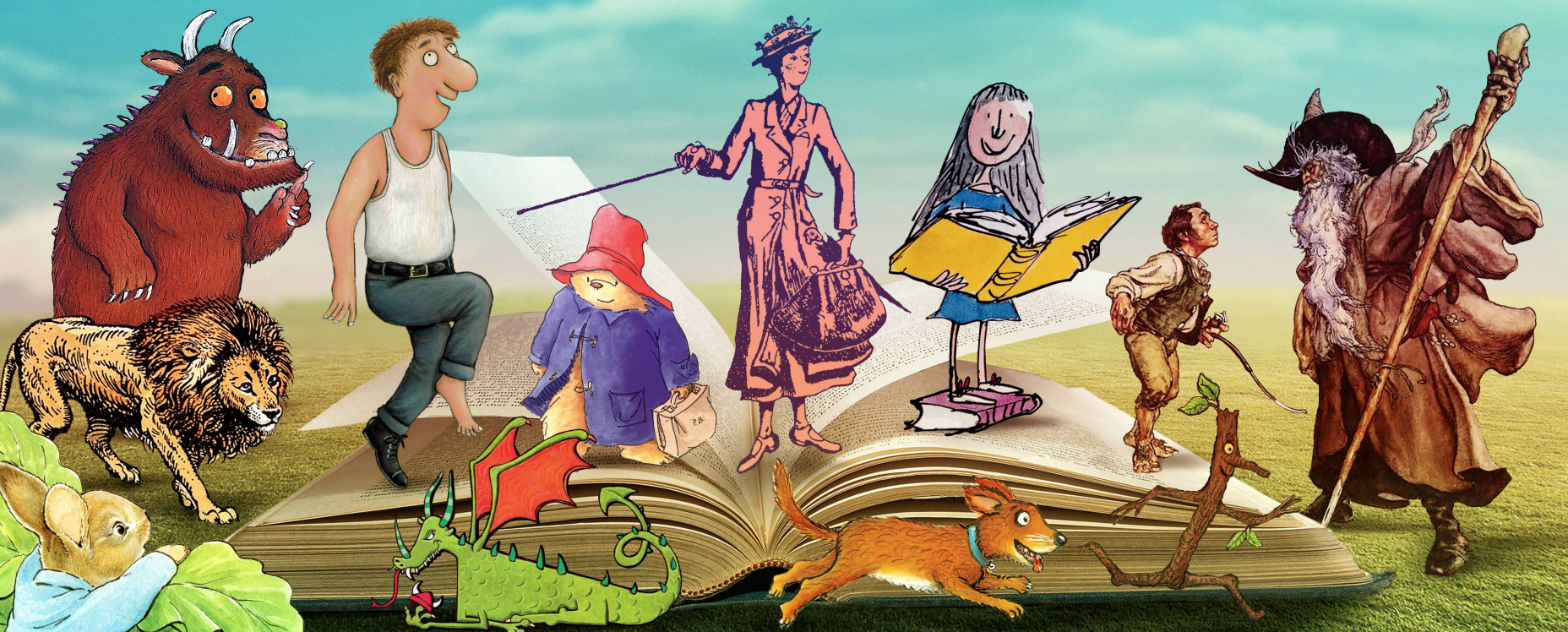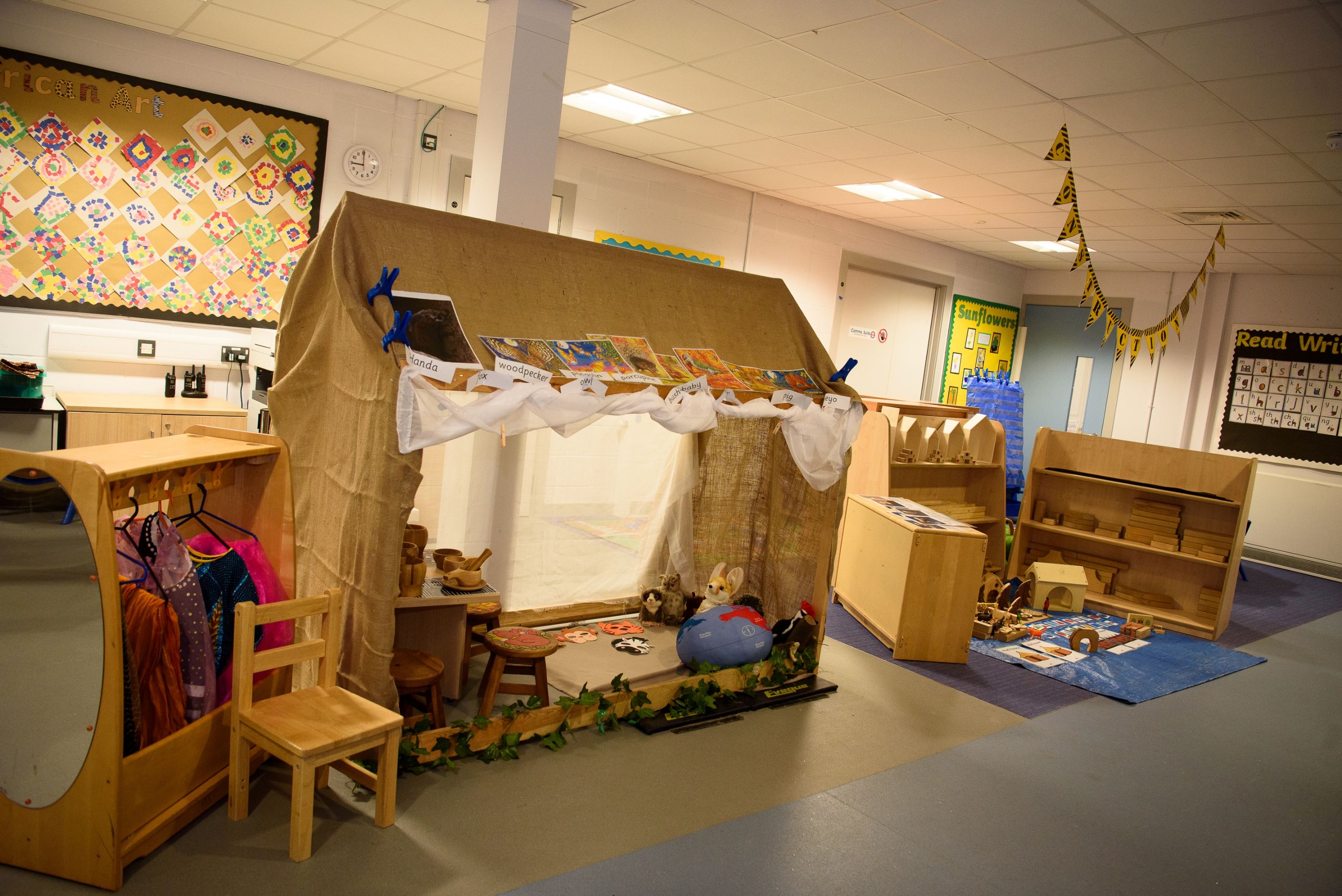Early Years Foundation (EYFS)
Our Curriculum for Early Years Foundation Stage is centred on the three prime, and four specific areas of learning and development from the Early Years Foundation Stage curriculum guidance. Below is a brief overview of the key skills that each area of learning will address.


Prime Areas
-
Communication and language development: We give children opportunities to experience a rich language environment; to develop their confidence and skills in expressing themselves; and to speak and listen in a range of situations.
-
Physical development: We provide opportunities for young children to be active and interactive and to develop their co-ordination, control, and movement. We also help children to understand the importance of physical activity and to make healthy choices in relation to food.
-
Personal, social and emotional development: We help children to develop a positive sense of themselves and others and to form positive relationships and develop respect for others. We help children develop social skills and learn how to manage their feelings; to understand appropriate behaviour and have confidence in their own abilities.
Specific Areas
-
Literacy development: We encourage children to link sounds and letters and to begin to read and write. Children have access to a wide range of reading materials (books, poems, and other written materials) to ignite their interest.
-
Mathematics: We provide children with opportunities to develop and improve their skills in counting, understanding and using numbers, calculating simple addition and subtraction problems and describing shapes, spaces, and measures.
-
Understanding the world: We guide children to make sense of their physical world and their community through opportunities to explore, observe and find out about people, places, technology and the environment.
-
Expressive arts and design: We enable children to explore and play with a wide range of media and materials. We also provide opportunities and encouragement for sharing their thoughts, ideas and feelings through a variety of activities in art, music, movement, dance, role-play, design and technology.
Each week parents will receive a parent overview of what the children will be learning about.
Phonics
Phonics and Reading at River Bank Primary School
At River Bank Primary School, early reading is taught using synthetic phonics as well as looking carefully at words and the shapes they make. Pupils are systematically taught the phonemes (sounds), how to blend the sounds all through the word for reading, and how to segment the sounds in order to write words. Children are taught to use their phonic skills and knowledge as their first approach to reading, but are also taught how to read high frequency words which do not completely follow the phonic rules.
The school follows the Read, Write Inc. scheme which is taught in Year R, Year 1 and 2. Information regarding the programme can be found by clicking on the following links:






